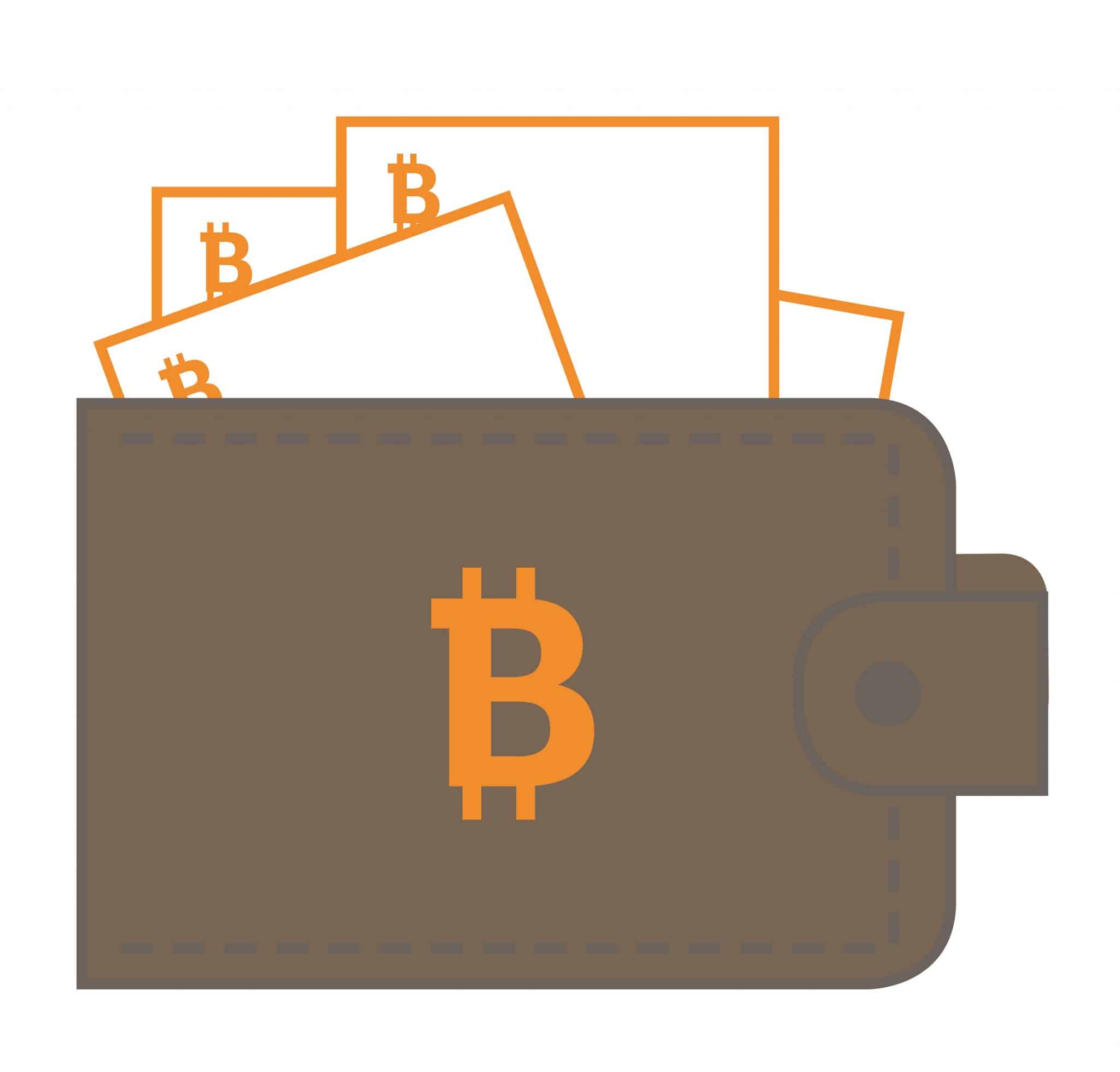In an article for What Investment magazine, BKL financial services partner Jon Wedge explores cryptocurrency’s move into the mainstream and what it means for customers and businesses.
Cryptocurrency buying and selling got a boost with the recent decision by Starbucks to accept cryptocurrencies as payment for food and drink which only adds to the pressure for more businesses to do the same.
It’s not an easy decision to make, especially for anyone without strong instincts for digital technology; and there are risks as well as advantages.
Cryptocurrencies are a digital invention, an asset created, held and traded entirely online without any underpinning by Governments. They are not a fiat currency, one issued by a Government with all the security, regulation and visibility that implies. Quite the reverse. Cryptos exist because people have willed them into being and find them useful enough to value accordingly. Furthermore, they rarely come up for air to be converted into ‘real’ money, so our collective experience of them is low.
Their value is also volatile, swerving alarmingly from dizzying highs to uncomfortable lows since Bitcoin, the first and most famous, arrived just over 10 years ago.
There is also an invisibility to crypto that can be unsettling, with some iterations turning out to be more risky than others.
But there are solid commercial benefits. Crypto allows for instant, borderless payments. This can be an advantage for businesses that trade globally and particularly those with an e-commerce platform.
They are also not bound by a single country’s exchange rate or even location, making it easy for companies entering a global market to accept payments from anywhere in the world. In addition, they avoid banking transaction charges.
And there is the marketing edge. The very fact of accepting crypto communicates something dynamic and engaged about a business; and being able to offer several payment options, including this one, helps secure trade as well as to stand apart from rivals.
There are certainly plenty of cryptos out there, but Bitcoin and Ethereum are the most well-known and understood. This makes them arguably the most sensible to work with, at least initially, if you take the plunge.
It is perfectly possible to set up digital wallets and accept crypto payments directly. But that means also accepting all the associated risk and technical know-how required.
Few businesses will want to get that involved in the infrastructure associated with holding the coins, let alone working out what they are worth at the crucial moment an invoice is raised. Fortunately, there are now a number of large, well-regarded exchanges. These essentially absorb the risk of accepting digital payments and make the necessary transfers, including translating the crypto into the fiat amount billed.
BitPay, for example, is a payment processing provider that will convert a traditional fiat currency fee into a Bitcoin equivalent as soon as it is issued.
That Bitcoin price is then fixed for 15 minutes before being automatically renewed using the same process. This is necessary because of the value fluctuations.
The invoicing firm then receives its payment electronically through BitPay, but as fiat money.
The advantage for the invoicing business from using a reputable exchange is reduced risk and the likelihood of prompt payments, particularly as clients respond to the 15 minute conversion windows. And for some, who bought Bitcoins when they were cheaper that current prices, there is the prospect of goods or services costing them far less to actually pay for. A win-win.
Although paying for services by crypto may seem something of a niche currently, it is hard to think that will remain the case for much longer, especially as the world moves to paperless transactions in fiat currencies.
Issues around risk are also likely to diminish. Governments are fully engaging with the highly complex task of trying to regulate an essentially invisible, stateless currency; and with regulation will come oversight and a reassuring legitimacy. In fact, something to bank on.
Working with BitPay, BKL now accepts Bitcoin as fee payments. Find out more here.
This article was first published by What Investment and is available on the What Investment website.







